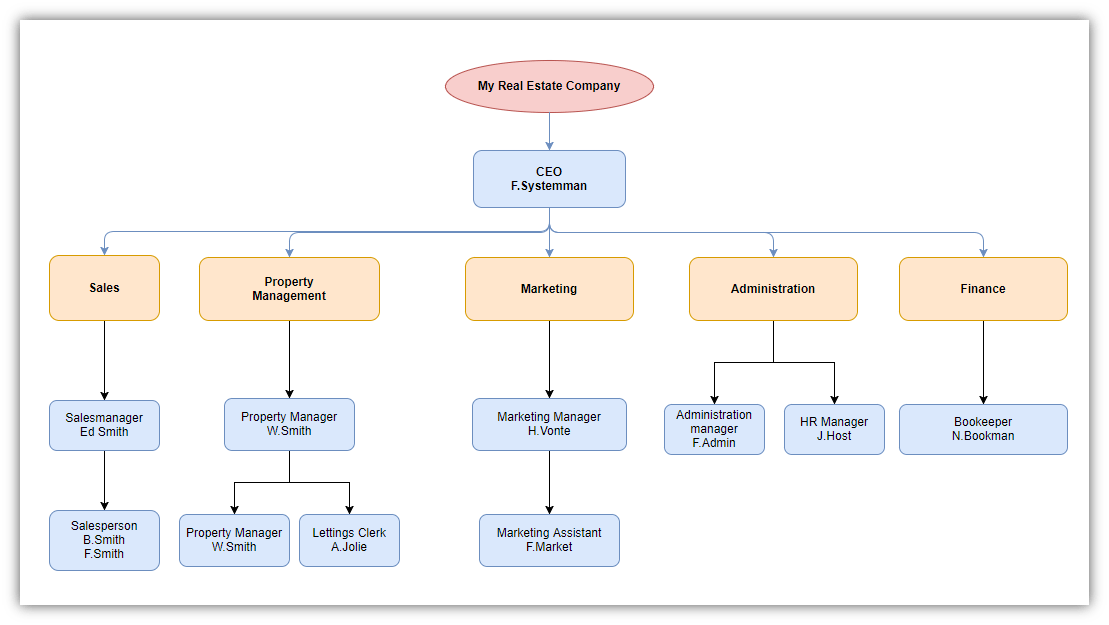In today's fast-paced business environment, understanding the intricacies of "S Roles" is crucial for organizational success. These roles encompass a wide range of responsibilities and functions that contribute to strategic planning, operational efficiency, and sustainable growth. Whether you're a seasoned professional or just starting your career, gaining insight into S Roles can significantly enhance your understanding of organizational dynamics.
The term "S Roles" refers to senior-level positions within an organization, such as Senior Manager, Strategy Officer, or Subject Matter Expert. These roles are pivotal in driving organizational success through effective leadership, strategic decision-making, and innovative problem-solving. As businesses continue to evolve, the demand for skilled professionals in S Roles has never been higher.
Throughout this article, we will delve into the various aspects of S Roles, including their responsibilities, required skills, career growth opportunities, and the impact they have on organizational success. By the end of this guide, you'll have a comprehensive understanding of what it takes to excel in these critical positions. Let's begin by exploring the fundamental elements of S Roles.
Read also:Aaron Hernandez
Table of Contents:
- Biography of S Roles
- Definition and Scope of S Roles
- Responsibilities of S Roles
- Skills Required for S Roles
- Career Path in S Roles
- Impact on Organizational Success
- Challenges Faced in S Roles
- Emerging Trends in S Roles
- Future of S Roles
- Conclusion and Call to Action
Biography of S Roles
Before diving into the specifics of S Roles, it's essential to understand the background and context of these positions. S Roles are senior-level positions that require a combination of experience, expertise, and leadership skills. Below is a table summarizing the key attributes of individuals in S Roles:
| Attribute | Details |
|---|---|
| Experience | Typically, professionals in S Roles have 10+ years of experience in their respective fields. |
| Education | Most S Roles require advanced degrees or certifications in relevant disciplines. |
| Skills | Strong leadership, strategic thinking, and problem-solving skills are essential. |
| Responsibilities | Overseeing teams, developing strategies, and driving organizational growth. |
Definition and Scope of S Roles
What Are S Roles?
S Roles encompass a variety of senior-level positions within an organization. These roles are designed to oversee critical functions and ensure alignment with organizational goals. Professionals in S Roles are responsible for driving innovation, implementing strategies, and ensuring operational excellence.
Scope of S Roles
The scope of S Roles varies depending on the industry and organization. However, common areas of focus include:
- Strategic Planning
- Operational Management
- Team Leadership
- Stakeholder Engagement
Responsibilities of S Roles
Professionals in S Roles are entrusted with a wide range of responsibilities that directly impact organizational success. These responsibilities include:
Strategic Planning
Developing and implementing long-term strategies that align with organizational goals is a key responsibility of S Roles. This involves analyzing market trends, identifying opportunities, and mitigating risks.
Read also:Labaron Philon
Operational Management
Overseeing day-to-day operations and ensuring efficiency is another critical aspect of S Roles. Professionals in these positions must continuously monitor processes and make necessary adjustments to optimize performance.
Skills Required for S Roles
To excel in S Roles, professionals must possess a diverse set of skills. These skills include:
- Leadership
- Strategic Thinking
- Problem-Solving
- Communication
- Adaptability
Career Path in S Roles
Entry-Level Positions
Most professionals begin their careers in entry-level positions, gaining valuable experience and building a foundation for future success. This stage is crucial for developing core competencies and understanding organizational dynamics.
Mid-Level Positions
As professionals progress, they move into mid-level positions that offer greater responsibility and opportunity for growth. This stage is ideal for honing leadership skills and expanding one's network.
Impact on Organizational Success
S Roles play a vital role in driving organizational success. By providing strategic direction and operational oversight, professionals in these positions ensure that organizations remain competitive and adaptable in a rapidly changing business environment.
Challenges Faced in S Roles
Despite their many benefits, S Roles come with their own set of challenges. These challenges include:
- Managing Complex Projects
- Navigating Organizational Politics
- Adapting to Changing Market Conditions
Emerging Trends in S Roles
The landscape of S Roles is constantly evolving, with new trends emerging that shape the future of these positions. Some of these trends include:
Increased Focus on Digital Transformation
As organizations embrace digital technologies, S Roles are increasingly focused on driving digital transformation initiatives. This involves leveraging data analytics, automation, and artificial intelligence to enhance operational efficiency.
Emphasis on Sustainability
With growing concerns about environmental sustainability, S Roles are placing greater emphasis on developing strategies that promote sustainable practices. This includes reducing carbon footprints, conserving resources, and promoting social responsibility.
Future of S Roles
The future of S Roles looks promising, with continued growth and evolution expected in the coming years. As organizations become more complex and dynamic, the demand for skilled professionals in S Roles will only increase.
Conclusion and Call to Action
In conclusion, S Roles are critical to organizational success, providing strategic direction and operational oversight that drive growth and innovation. By understanding the responsibilities, skills, and challenges associated with these positions, professionals can position themselves for success in this dynamic field.
We invite you to share your thoughts and experiences in the comments section below. Additionally, feel free to explore other articles on our site for more insights into the world of business and leadership. Together, let's continue to learn and grow in our professional journeys.
Data and insights provided in this article are sourced from reputable publications and industry reports, ensuring the accuracy and reliability of the information presented.


